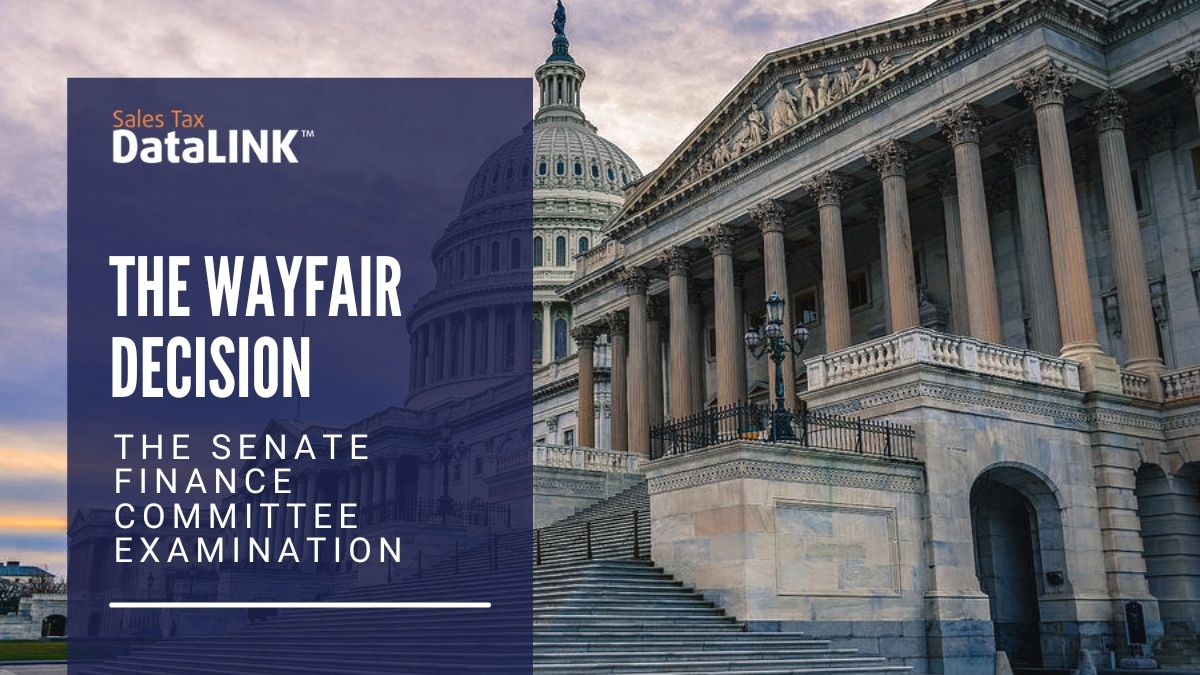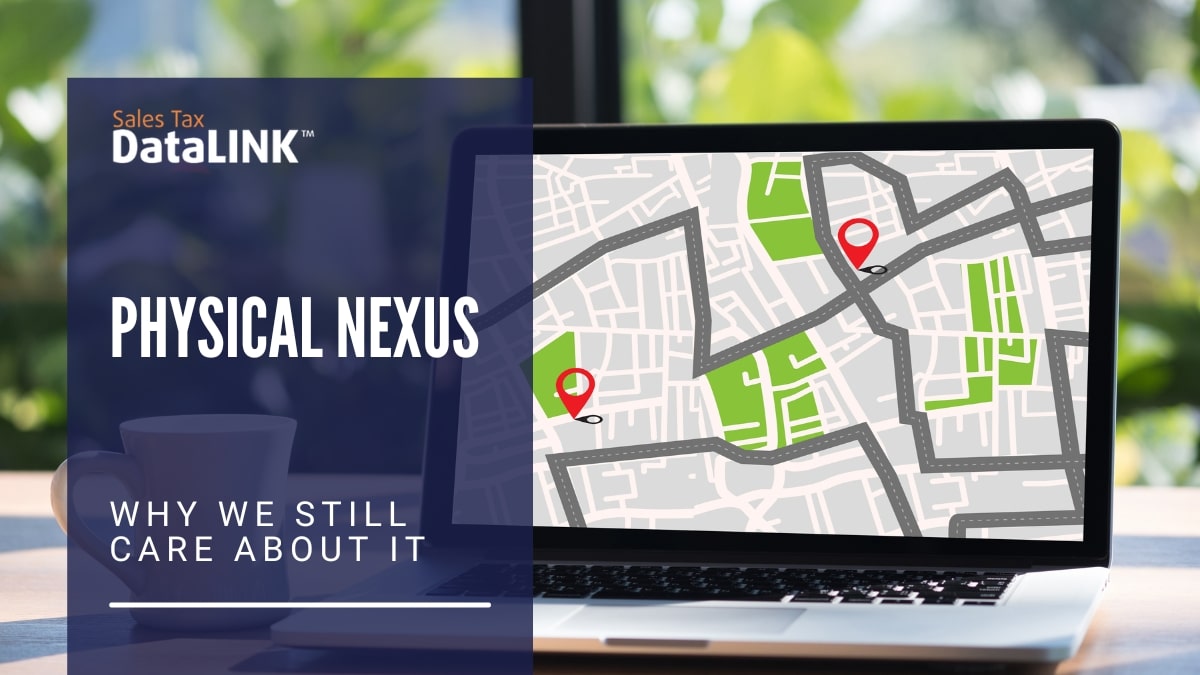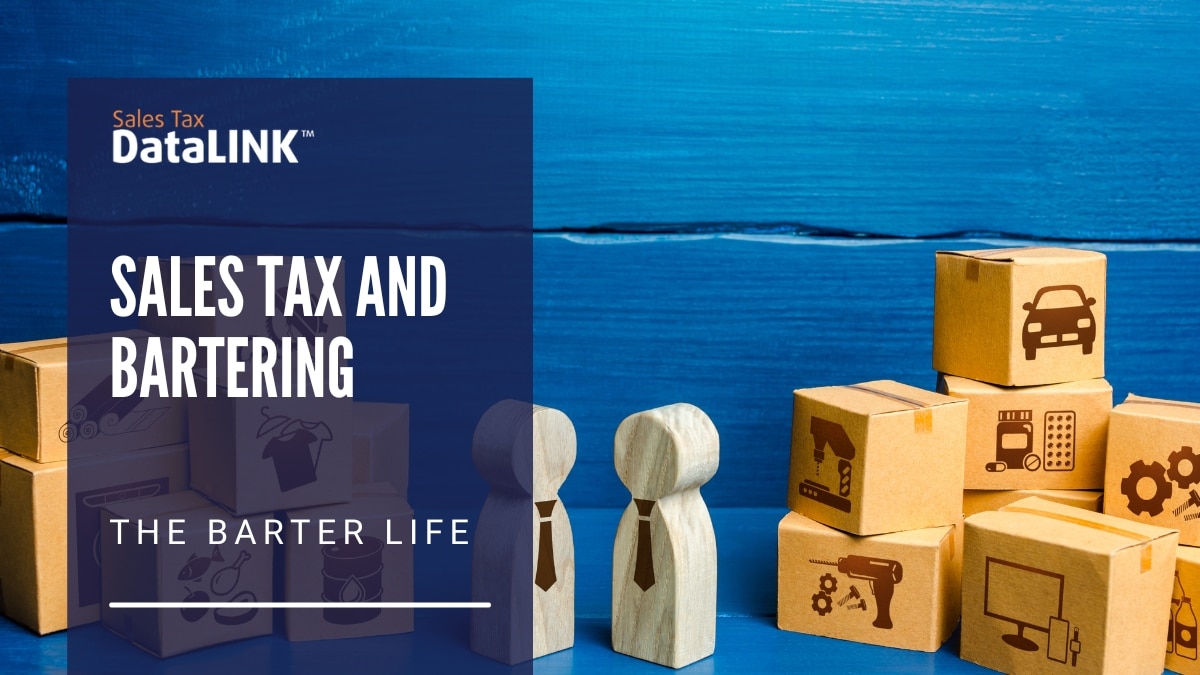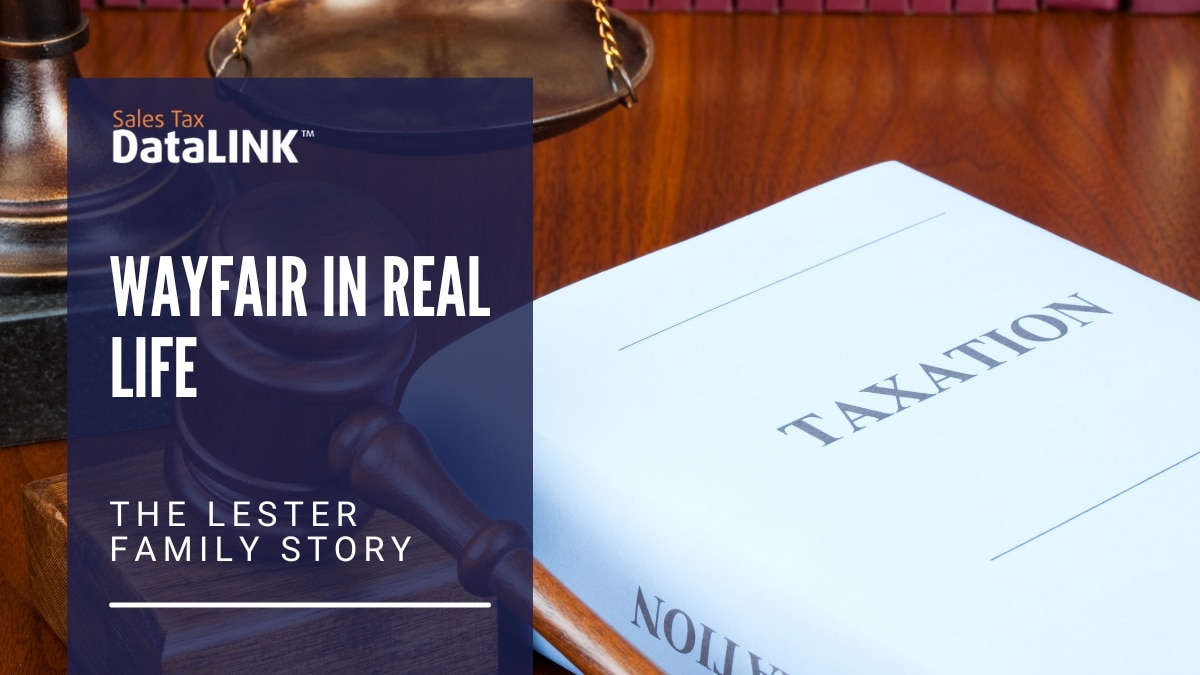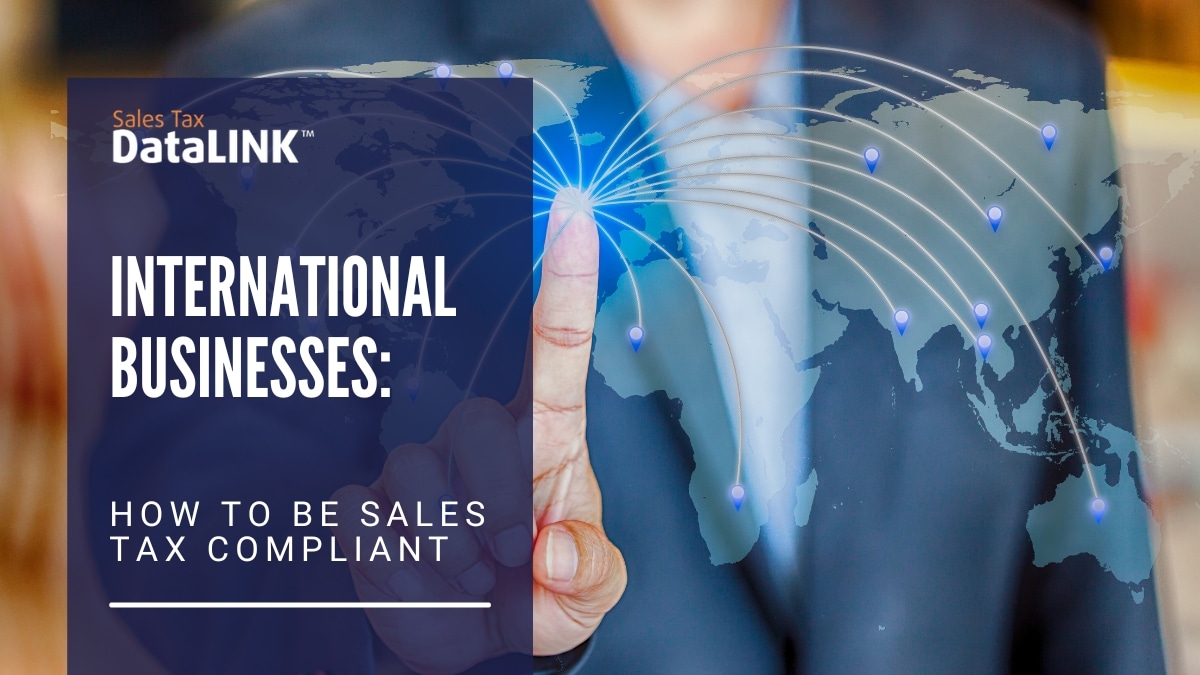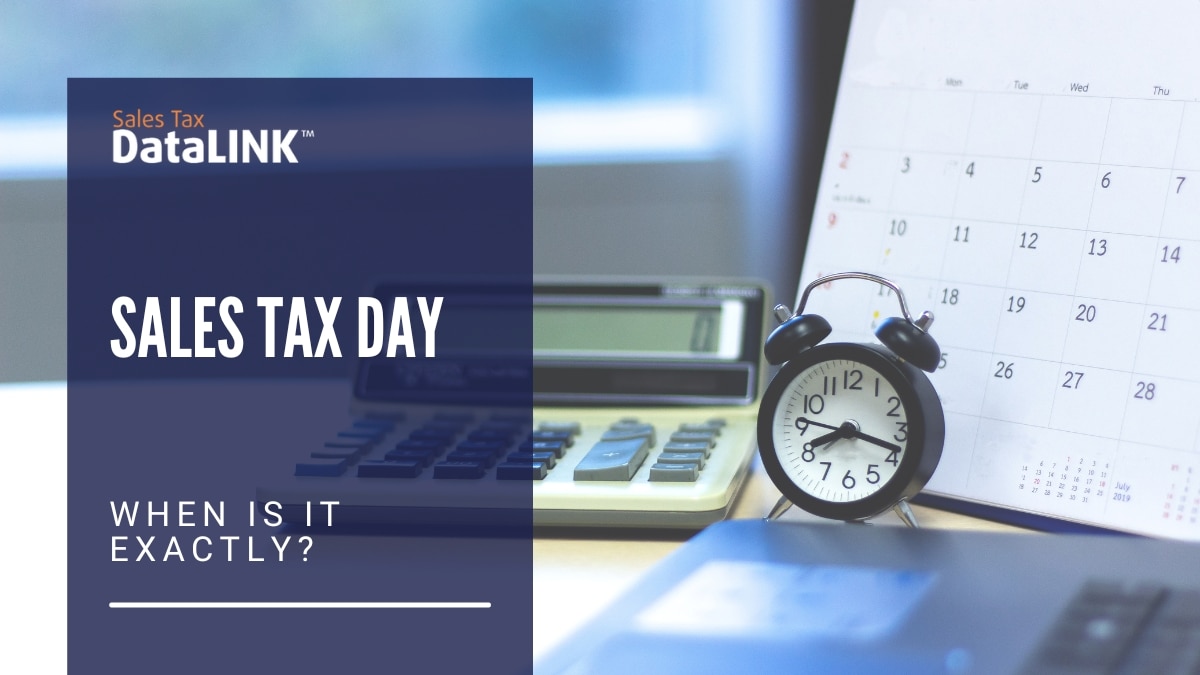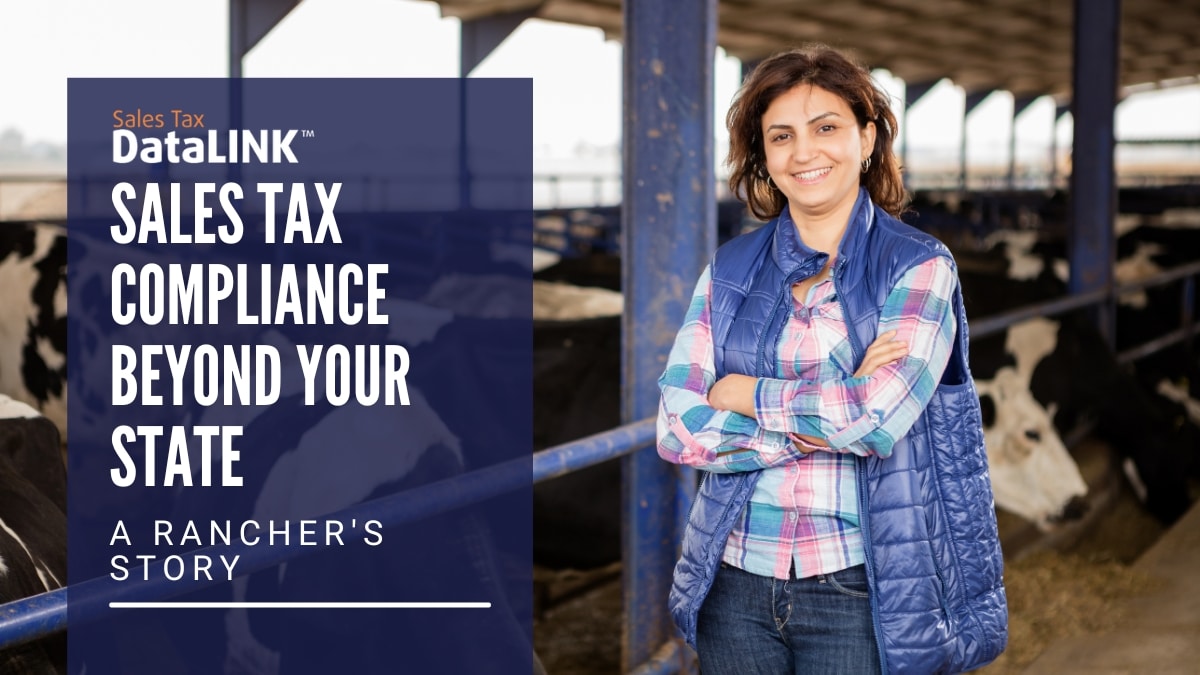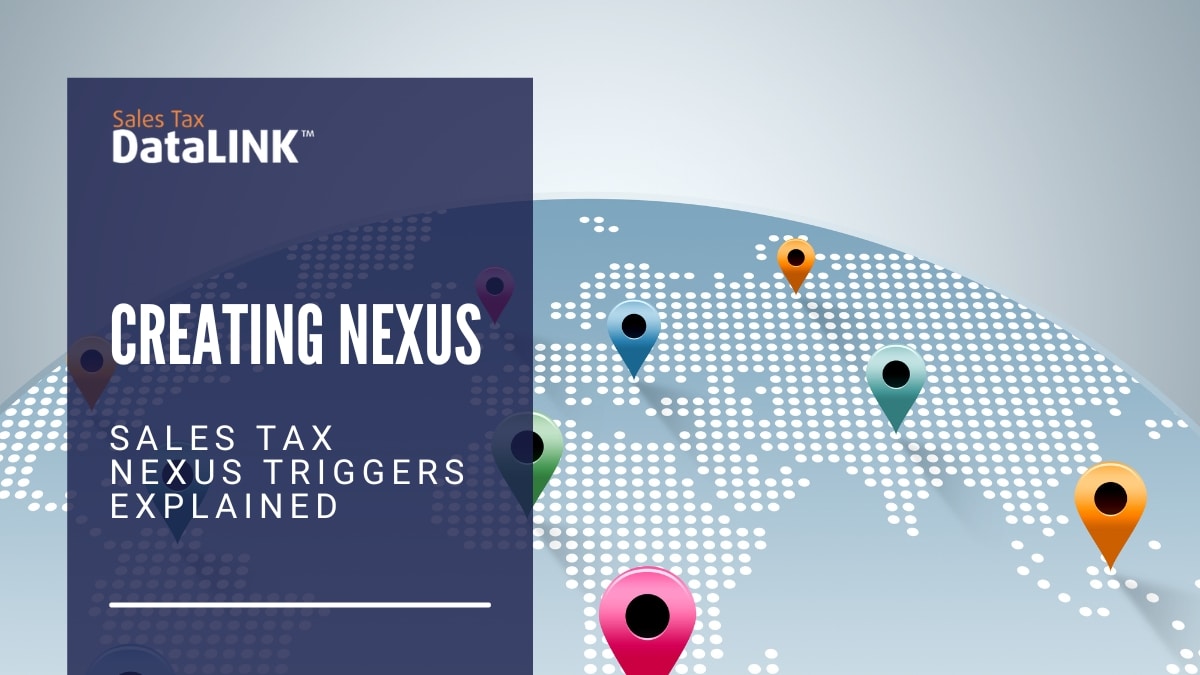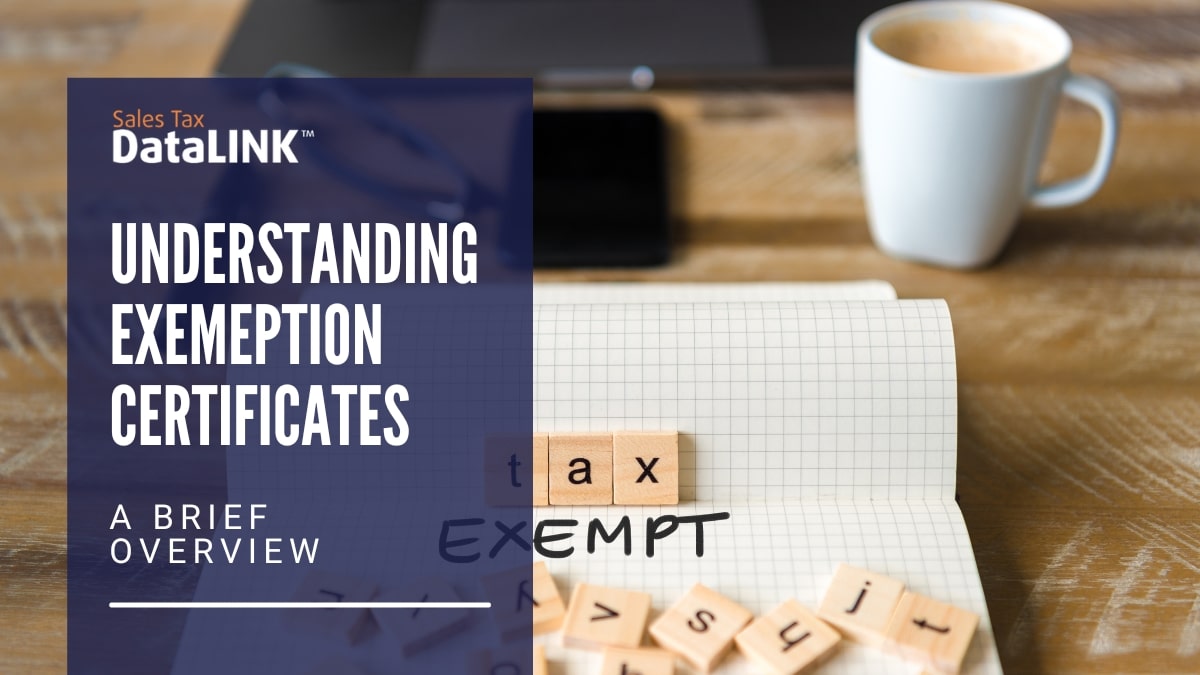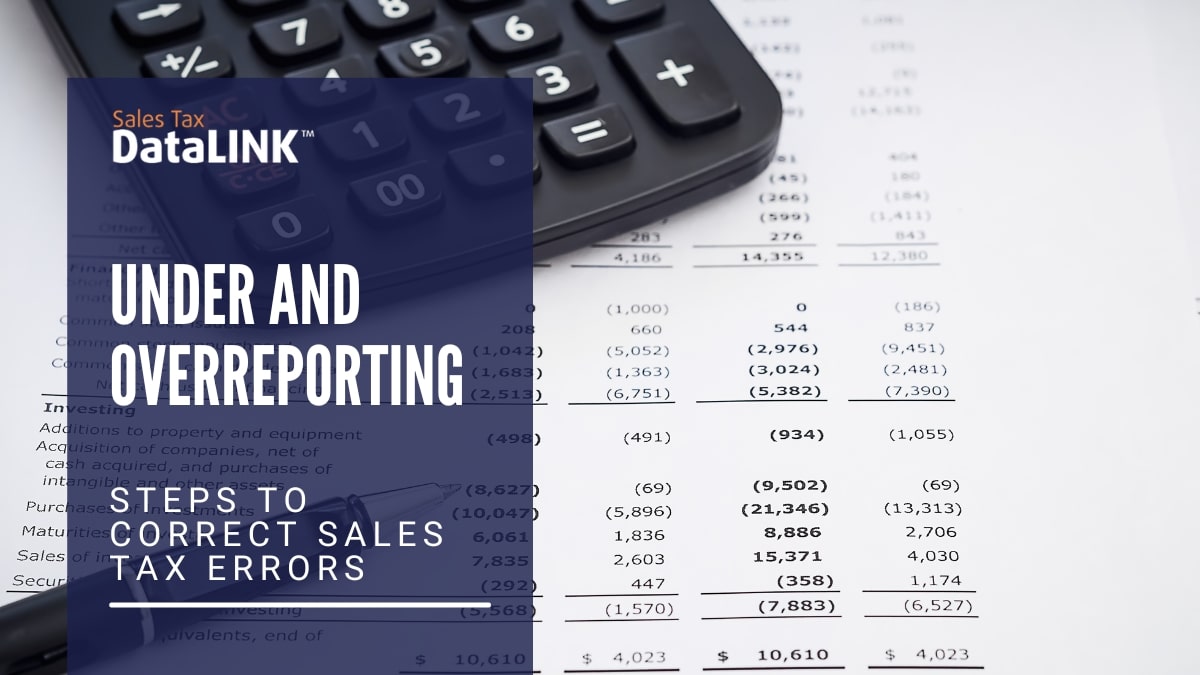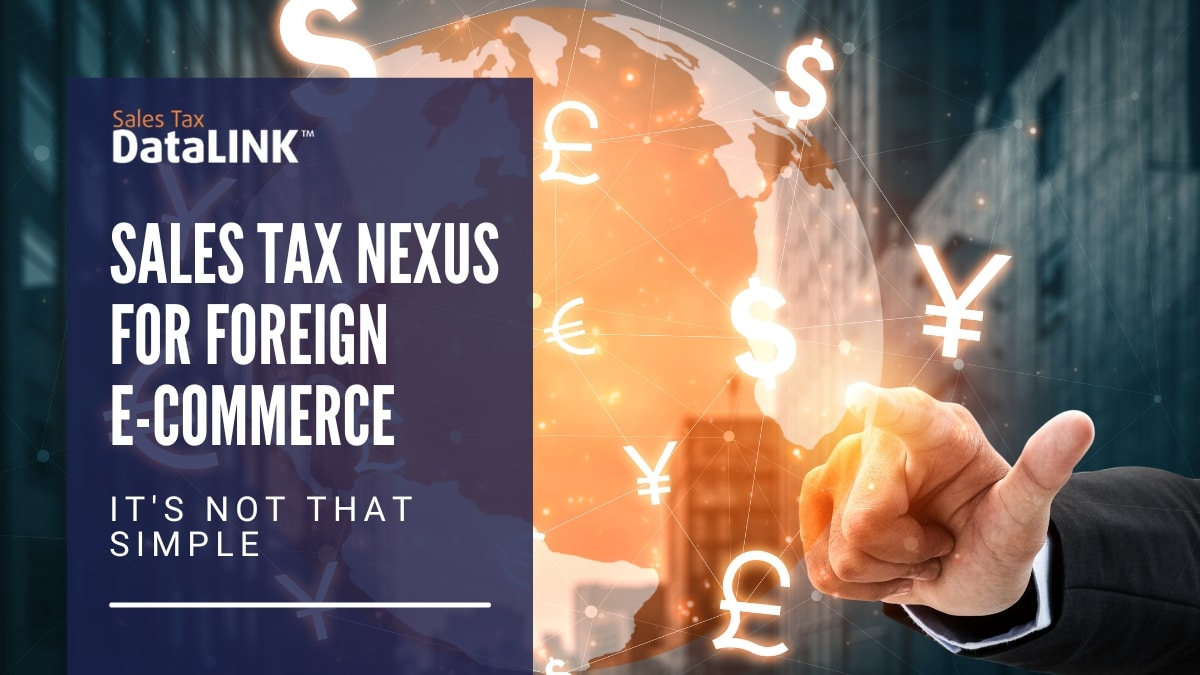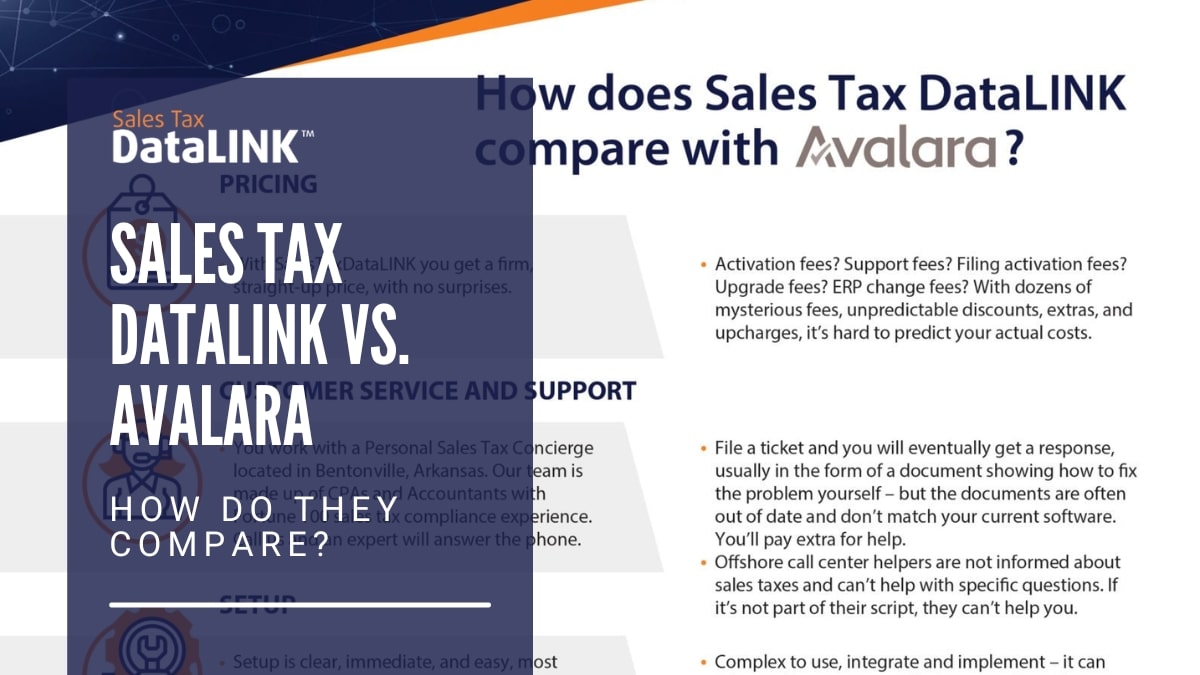The Wayfair decision profoundly impacted sales tax obligations through allowing states to require tax collection solely based on economic nexus rather than physical presence. For multi-state companies, this expanded both the scope and complexity of compliance duties given divergent state rules defined in the ruling's wake. This hearing assessed such fallout on nationwide business operations.
While the Wayfair decision established economic nexus as a basis for sales tax collection across state lines, the traditional standard of physical nexus retains significance for companies navigating complex multi-jurisdictional compliance. With various gray areas remaining around how and when different nexus standards apply, properly identifying all instances of physical nexus remains an essential first step for any business in fulfilling its sales tax obligations.
Barter transactions are not exempt from sales tax laws and create additional complexity, as both parties must determine taxability and nexus while calculating and charging tax on the fair market value of goods and services exchanged.
While software aims to ease tax compliance burdens expanded by Wayfair, real-world accounts emphasize ongoing complexities and high costs that can overwhelm SMBs, highlighting a need for simplified rules or outsourced expertise.
For international sellers navigating expanding U.S. sales tax obligations across inter-jurisdictional boundaries under the focus keyword of their distant operations, the increased complexity from economic nexus standards compounds long-standing challenges in deciphering individual requirements between states.
April 15th is enshrined in the national consciousness as income tax filing day (even though the exact date can change from year to year), but sales taxes don't have a sales tax day.
Determining sales tax for services can be complex and confusing, as there is often no clear distinction between taxable and nontaxable services. Different states have varying rules and criteria for taxing services, making it challenging to navigate sales tax compliance. For example, the taxability of services like photography depends on factors such as the delivery method of photographs. Additionally, services like web design can be taxable in one state and exempt in another, based on the location of the website owner.
Faking sales tax compliance is not a viable solution and can lead to legal trouble. With the introduction of economic nexus, click nexus, and cookie nexus, determining sales tax obligations has become more challenging. While some businesses resort to charging a flat sales tax rate on all transactions as a precautionary measure, this approach is illegal and involves unnecessary tax collection.
Sales tax on groceries varies across different states, with 13 states still charging sales tax on groceries as of now. However, there may be changes in these tax policies in the future. Sales tax compliance for businesses selling groceries requires careful understanding of these distinctions and adherence to the law's requirements.
Sales tax compliance extends beyond an individual's home state, and businesses must understand the taxability rules and nexus requirements when selling across state lines. The taxability of products, such as livestock, can vary from state to state, with exemptions and specific criteria determining whether sales tax should be collected.
Internet taxes have been a subject of confusion and debate, particularly regarding the question of where online transactions take place. A landmark Supreme Court case in 1992, known as Quill, set the foundation for e-commerce sales tax decisions.
Creating nexus is vital for businesses to determine their sales tax obligations. Nexus can be established through physical presence, affiliates, or online transactions. Compliance with evolving state laws is crucial to avoid fines and penalties.
Exemption certificates are crucial for verifying tax-free purchases. Maintain organized and up-to-date certificates to avoid audits and ensure compliance. Proper documentation reduces the risk and cost of an audit.
Streamline sales tax compliance by addressing over and underreporting. Avoid penalties, minimize audit risk, and rectify reporting errors effectively with regular self-auditing and reliable software.
Understand the complexities of sales tax and Native Americans. Compliance varies by jurisdiction and tribal affiliation. Stay informed to navigate this intricate landscape.
For online sellers, navigating sales tax nexus for foreign e-commerce can be complicated. Economic presence, registration requirements, varying tax rates, and taxability rules pose challenges for international sellers.
Understand the complexities of US sales tax for foreign companies. Nexus, Wayfair decision, liability, and potential penalties make it crucial for international sellers to fulfill their sales tax responsibilities.
Sales Tax DataLINK vs. Avalara - Discover the differences in pricing, customer service, set-up process, tax filing, and other services between Avalara and Sales Tax DataLINK.
Peleton, a major fitness company, is facing a class-action suit for allegedly overcharging customers on sales taxes for their digital services. The plaintiffs accuse Peleton of unlawfully charging sales tax on subscriptions, despite these states not requiring it. The case raises questions about Peleton's sales tax practices and whether they remitted the taxes collected.
Are you unsure whether you need sales tax software or services to navigate the complexities of sales tax compliance? The ever-evolving landscape of sales tax regulations, multi-state filings, varying thresholds, tax rates, and taxable items can make compliance a daunting task. However, with the right sales tax software or professional services, you can alleviate the burden and ensure accurate compliance.
BlogEdwin Flores2023-11-03T08:37:15-05:00
